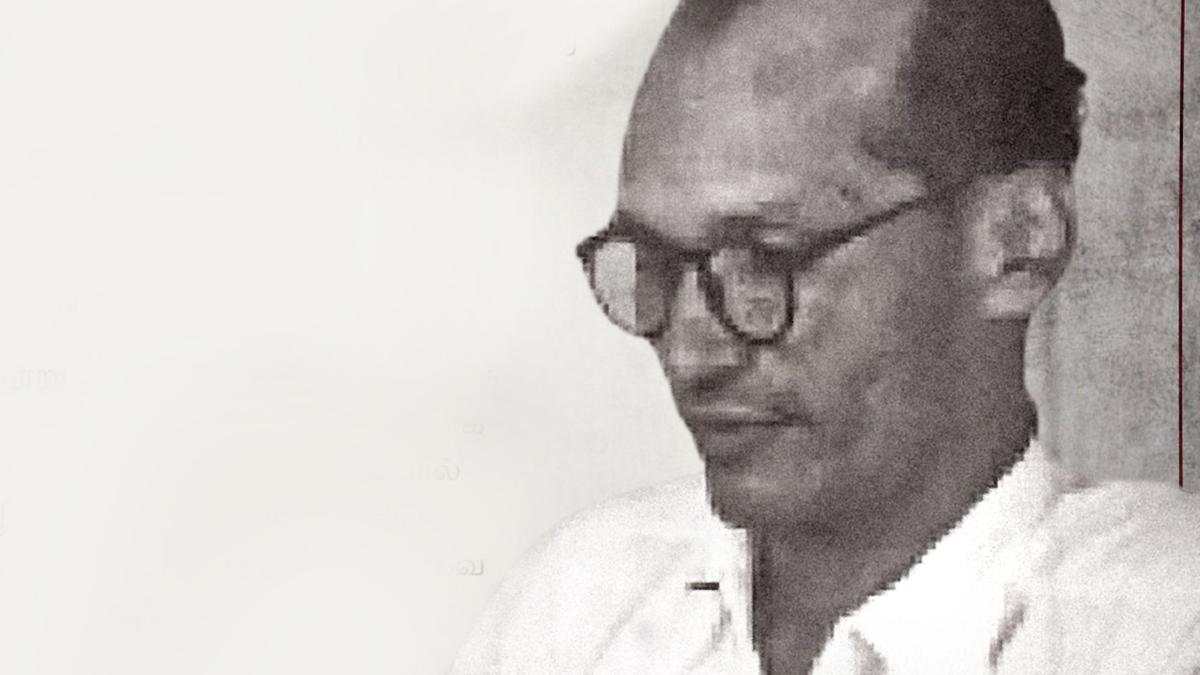
A Kannadiga communist who was at the vanguard of peasant movement in Tamil land
The Hindu
A Kannadiga communist who was at the vanguard of peasant movement in Tamil land
In 1932, a youth was standing in front of a textile store at Flower Bazaar in Madras, dissuading customers from buying foreign clothes. He would be beaten up mercilessly by the police. But nothing could stop B. Srinivasa Rao, the freedom fighter-turned-communist leader, popularly known as BSR, from propagating Mahatma Gandhi’s call to boycott foreign clothes.
One day, the police beat him until he lost consciousness. They threw him in a gutter, assuming that he was dead. But a woman, living nearby, found him alive and nursed him. Thus Rao was reborn, and built a strong working class and agrarian movement.
Rao could not believe the scene that had changed completely on August 15, 1947, when the country achieved Independence. Only on the night of August 14 had he emerged from underground. “The same textile stores were illuminated with strings of lights. Huge tricolour flags, made of silk, flutter atop the stores. How times have changed?” Rao writes to his friend and comrade Sharma, referred to as Sagar.
It was one of the 20 letters by Rao under the pseudonym Sundararaj to Sharma between January and August 1947 when the Communist Party faced a brutal suppression by the British. The letters in English were translated into Tamil and published as a book in October 1947, with a preface by the party’s State secretary, M.R. Venkataraman.
The book, Thalaimaraivu Vazhkaiyil Enathu Anubhavam’ (My Experiences Underground), republished after 76 years by Parisal, a publishing house, runs like a thriller. It offers glimpses into the working class and peasant movement vis-à-vis the selfless and dangerous saga of Rao, who worked tirelessly to build it. In one letter, he vividly describes the bedbugs and mosquito-infested room in which he stayed in Madurai, reminding the experience of English writer George Orwell in his book Down and Out in Paris and London. It would have been possible only for a person with an unwavering commitment and abnegation as Rao knew little Tamil when he plunged into the freedom movement in Madras. Born in a privileged family in Karnataka, Rao quit the Christian College in Bangalore against the wishes of his family and joined the struggle against the British.
“The word Swarajya encouraged all youths to the fire of sacrifice. Like a magic word, it woke us up. It gave me the encouragement to leave my mother, brothers, relatives, friends, education, and college. I was sent out of home for having joined the national movement,” veteran communist leader R. Nallakannu quotes Rao as saying in his biography of the leader.
When he was in the Madras Central Prison, he met Netaji Subhas Chandra Bose who was also lodged there. They became close. Rao was among the Congress leaders who voted for Netaji for Congress president against Pattabhi Sitaramayya, the candidate of Gandhi. But a meeting with Amir Haider Khan, who established the Communist Party in south India, in the prison and his introduction to the Communist Manifesto turned him into a communist. “I became his student, and the manifesto became my favourite book,” he writes.











